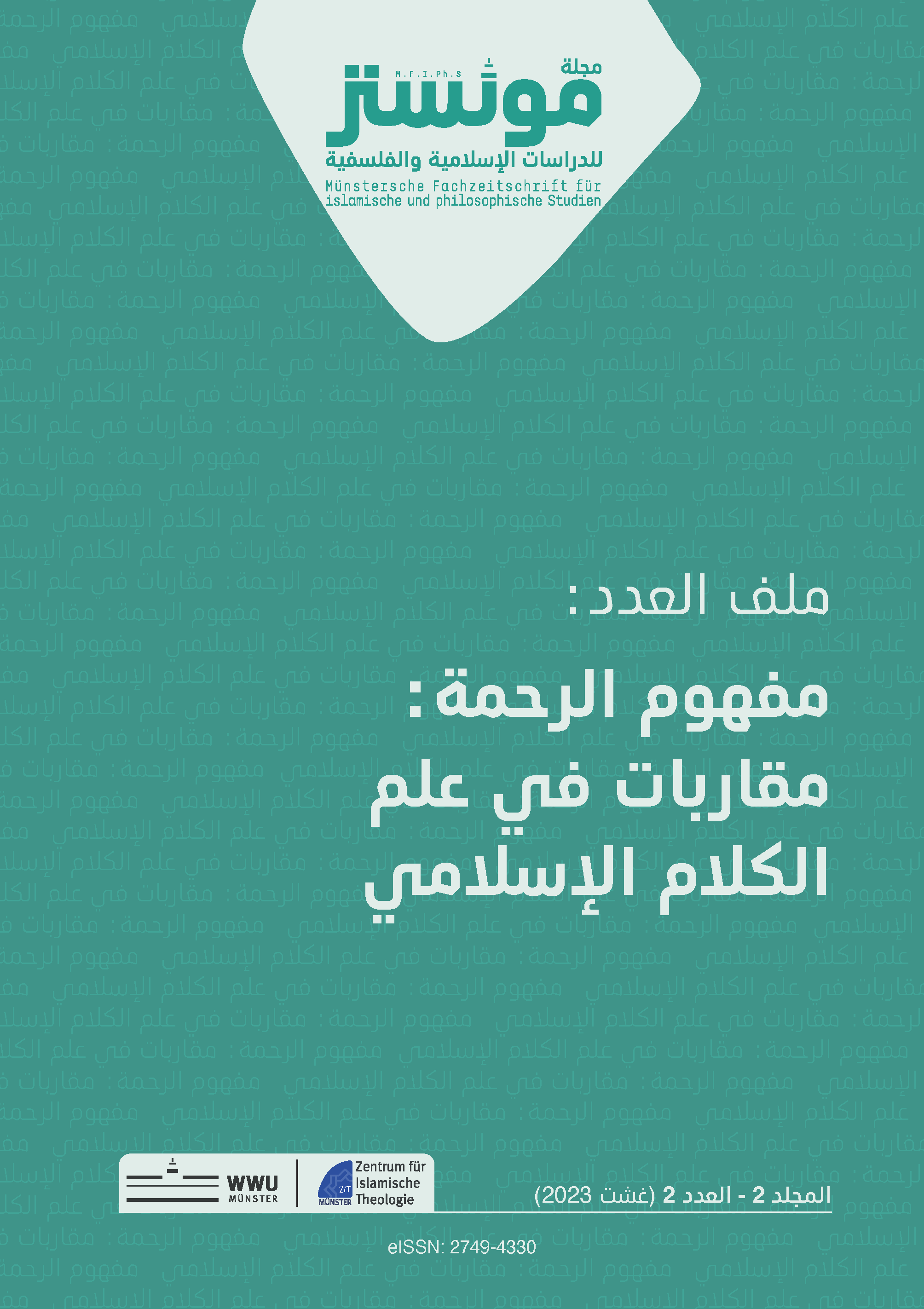The enduring openness of the Qur’ān
DOI:
https://doi.org/10.17879/mjiphs-2023-5021Keywords:
Mercy, Love, Hermeneutics, Theological-historical approachAbstract
God is transcendent and is therefore not comprehensible. This means that His revealed uncreated Word, which we encounter in the created Qur’ānic word, is also not really comprehensible. This does not mean that the Qur’ān is incomprehensible; rather, it signifies that the contingent form of its language is so rich in meanings and contexts of meaning that it is impossible to reduce the Qur’ānic discourse to a single, supposedly "true" interpretation. To emphasize the claim that the Qur’ān is an open book, Mouhanad Khorchide addresses three main points in this article. First, the diversity of Qur’ānic meanings is an important aspect to affirm the manifestation of God's mercy; second, reducing the Qur’ān to a judicial and ethical code would make it a closed book, contrary to the hermeneutical methodology proposed by Khorchide; thirdly, the researcher gives an example of reading the Qur’ān according to the openness concept, which prevents arbitrary reading.




